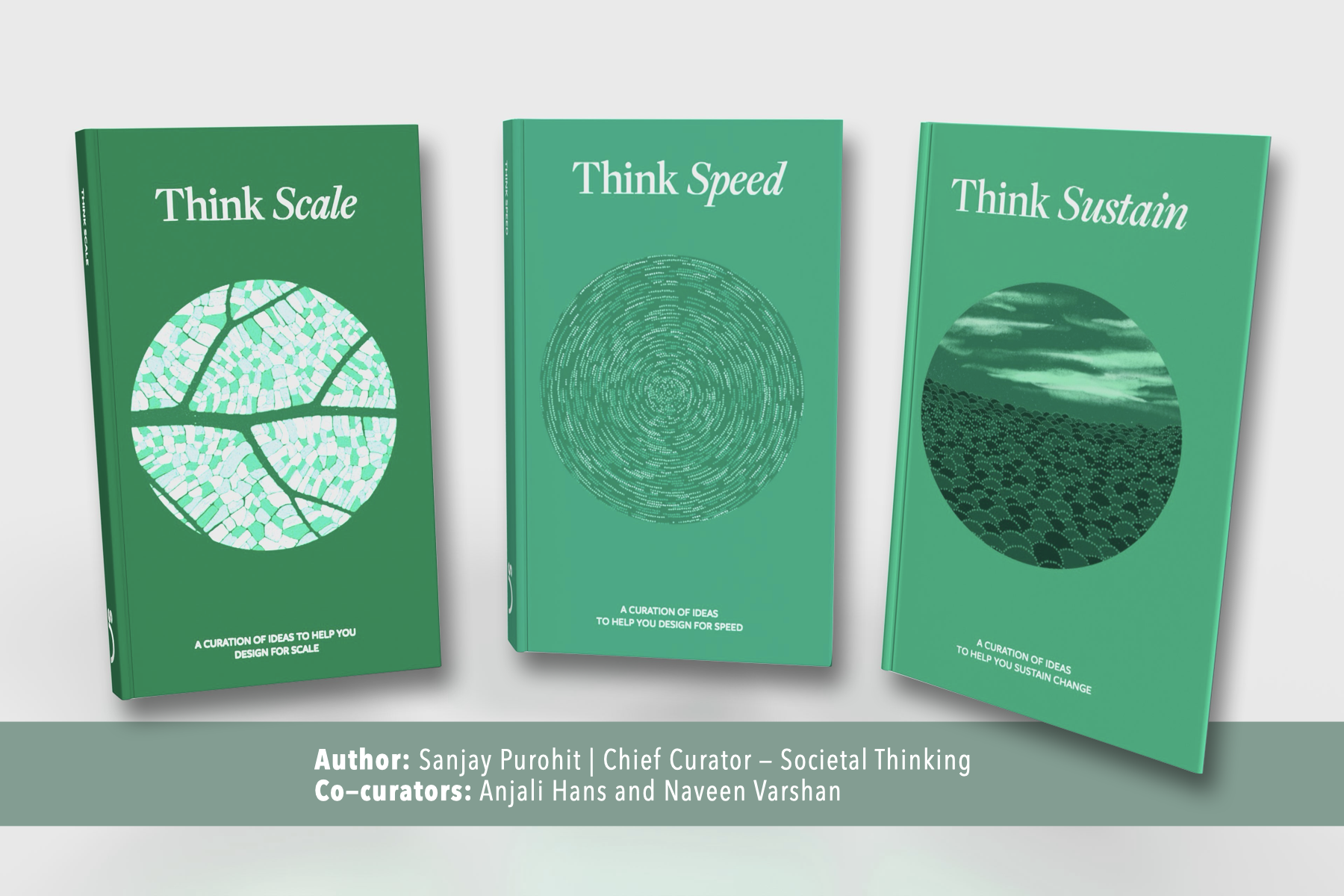Speed is a critical factor in achieving Impact @ Scale. Speed of execution, speed of building solutions, speed of getting the solutions to the citizens, speed of responding to challenges as they emerge all influence the speed of solving the problem.
2020 was a year of disruption and rapid change, the conditions for which were building over the last year, the pandemic just accelerated the change. Human connectivity, advancement in digital technology, automation, digital infrastructure etc. influenced new ways of working, new ways of education, new ways of managing health and even new ways of governance.
Innovations like digital education, telemedicine, e-governance etc. that had slow uptake for the last many years, suddenly went through an exponential growth curve. Some systems were able to deliver at this accelerated speed and some broke down completely. What differentiated them was whether the systems were set for this exponential curve from the get-go or not.
For example, eGovernments Foundation co-created the National (India) COVID e-Pass system in a week by repurposing the DIGIT platform. Being a shared infrastructure, the DIGIT platform enabled co-creation of a new solution (e-Pass system), quickly, with other actors (e.g., Consumer product companies) and allowed integration with existing ecosystems and solutions such as the government’s contact tracing application. The e-Pass system was adopted by several states in India to support the movement of people and essential services during the pandemic.
Societal problems grow exponentially, i.e. every seemingly small problem induces more, rapid and bigger issues and because of this, linear thinking can never catch up to them. A famous French riddle explains exponentiality well. A lily pond starts with a single lily leaf, each day the number of leaves double; 2 leaves on the second day; 4 leaves on the third day; 8 leaves on the fourth day; on the 29th day it is half full and on the 30th day it is full, the lake is choked and other flora & fauna struggle to survive. At the beginning exponentiality is not visible or looks similar to linear change, but it can result in enormous quantities fairly quickly – often in a way that is shocking. So, if someone wants to save the lake, they need to act as soon as the exponentiality is visible.
Looking ahead, how can some of the most urgent, exponentially growing societal problems be solved?
“Societal problems grow exponentially, so can their solutions.”
We can close the gap by building solutions that harness the power of exponentiality. Societal Thinking is a systemic approach, a set of values and design principles to reimagine and induce exponential social change by redesigning core interactions between key actors of the society. This thinking can be used to redesign current programs, so that the same efforts can create exponential change or it can be used to embark on an audacious endeavour of building a Societal Platform that reaches exponential scale.
Explore a way to create exponential change in your work, learn more about Societal Thinking here.
 Back
Back


